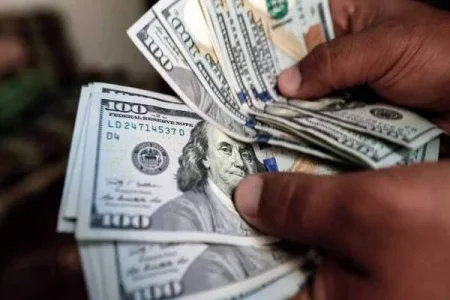
Nigeria's external reserves reached a 22-month high of $37.31 billion in September 2024, fueled by foreign investments, government bonds, and remittances. Despite the boost in reserves, the naira remains weak. Key inflows include AfreximBank loans, World Bank support, and rising foreign portfolio investments, boosting economic stability.
Nigeria’s external reserves have hit a 22-month high, reaching $37.31 billion by mid-September 2024, marking a notable recovery. According to the Central Bank of Nigeria (CBN), this is the highest level since November 2022. Key factors driving this increase include government-issued domestic dollar bonds, international remittances, and foreign investments.
Despite the rise in reserves, the naira remains under pressure, recently being listed as one of the 10 worst-performing currencies worldwide by Bloomberg. The reserves play a crucial role in stabilizing Nigeria's economy by supporting the local currency and meeting international financial obligations.
Year-to-date, the reserves have grown by nearly 13%, starting the year at $33.02 billion, while they have grown 12% compared to the same time last year. Contributing factors include the government raising over $900 million through dollar bonds and receiving $553 million in remittances. Multilateral loans, such as a $3.3 billion facility from AfreximBank, also bolstered the reserves.
This increase demonstrates Nigeria's resilience in securing foreign inflows, despite ongoing challenges with the naira’s depreciation.




